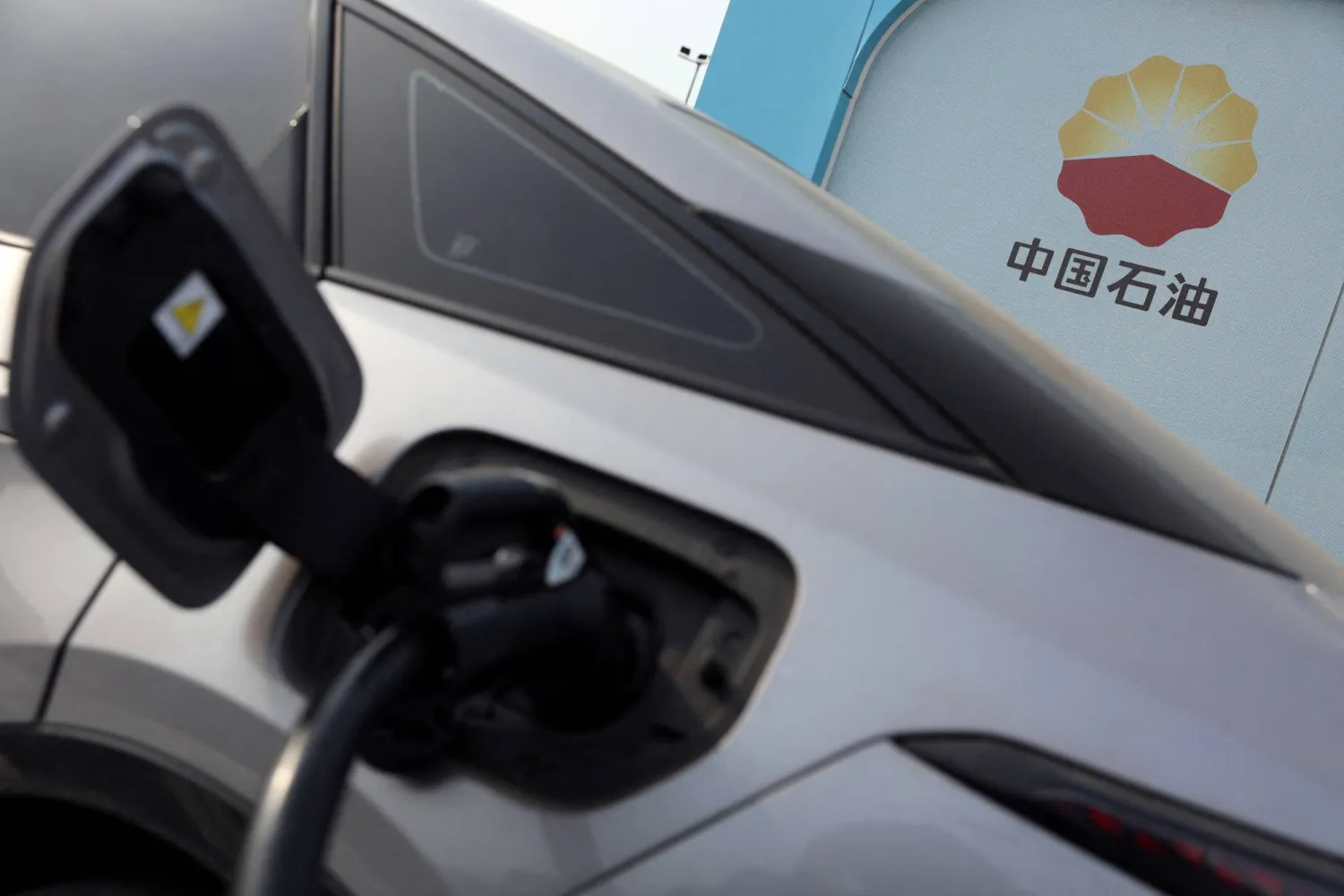Oil prices fell on Wednesday as investors reassessed the ability of China's stimulus plans to boost the economy enough to drive more fuel demand growth in the world's largest crude importer.
Brent crude futures were down 19 cents, or 0.25%, at $74.98 a barrel at 0700 GMT. US West Texas Intermediate crude was down 28 cents, or 0.39%, at $71.28 per barrel, Reuters reported.
Prices rose about 1.7% on Tuesday after China announced its most aggressive economic stimulus since the COVID-19 pandemic, with interest rate cuts and government funding.
Analysts, however, warned that more fiscal help was needed to boost confidence in the world's second-largest economy and that eroded the initial impact on oil prices.
"The lack of a more concrete fiscal approach still instils some reservations over whether the economic boost can be sustained," said Yeap Jun Rong, market strategist at IG.
Yeap said there was an overall lack of traction to the oil market, with trades lower than usual, which was likely also due to a drop in US consumer confidence. It fell in September to its lowest in three years, with particular concern about the availability of jobs.
Still, declining US crude oil and fuel stockpiles provided some support for the market, which has generally risen since prices hit their lowest since 2021 on Sept. 10.
US oil stockpiles dropped by 4.34 million barrels last week while gasoline inventories fell by 3.44 million barrels and distillate stocks fell by 1.12 million barrels, according to market sources citing American Petroleum Institute figures on Tuesday.
An intensifying conflict in the Middle East between Iran-backed Hezbollah in Lebanon and Israel also supported crude prices, with cross-border rockets launched by both sides increasing fears of a broadening war in the key producing region.
A hurricane threatening the US Gulf Coast has changed course towards Florida and away from oil and gas-producing areas near Texas, Louisiana and Mississippi.
Oil Dips on Worries China Stimulus Plans Not Enough to Boost Demand

FILE PHOTO: The PetroChina logo is seen near a car charging at the Chinese state oil giant's electric vehicle (EV) charging station in Beijing, China February 2, 2024. REUTERS/Florence Lo/File Photo

Oil Dips on Worries China Stimulus Plans Not Enough to Boost Demand

FILE PHOTO: The PetroChina logo is seen near a car charging at the Chinese state oil giant's electric vehicle (EV) charging station in Beijing, China February 2, 2024. REUTERS/Florence Lo/File Photo
لم تشترك بعد
انشئ حساباً خاصاً بك لتحصل على أخبار مخصصة لك ولتتمتع بخاصية حفظ المقالات وتتلقى نشراتنا البريدية المتنوعة








